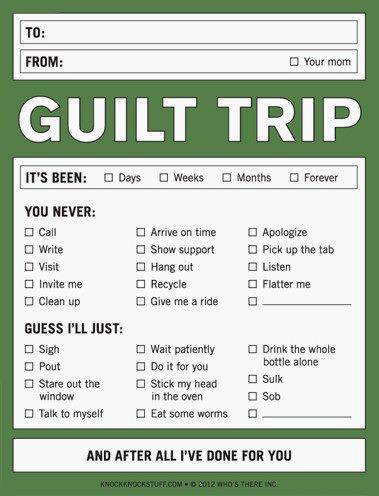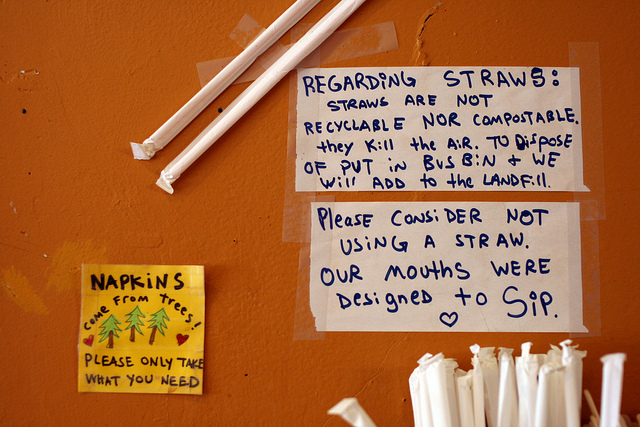The Ace Freelancer’s Guide to Dealing With Difficult People: The Guilt Trip
Let’s be honest, sometimes dealing with people just sucks.
They can be needy and demanding, stubborn and impatient, frustrating and irrational.
But if you’re a freelancer, there’s no avoiding working with difficult people. There is no boss to run interference between you and Crazy Cathy and unless you defend your boundaries well, “Just One More Thing” Jonathan will drive you to drink.
Instead of throwing your hands up in despair, let’s talk about how to deal with difficult people.
Before we get too far into things I want to make clear: dealing with a difficult situation is different from dealing with a difficult person. Difficult situations happen; such is life. Difficult people are difficult regardless of the situation. If you’re involved in a difficult situation, it’s not helpful to just assume you’re working with a difficult person. You’ll know you’re dealing with a difficult person if they are almost always hard to work with and require extra effort in even mundane interactions.
I want to start this series by talking about a super special sort of person: The Guilt Trip.
The Guilt Trip is the “poor me” client who tells you all about the horrible things totally out of their control that have prevented their project from happening.
They tell you that they’re, “paying for this out of [their] pocket.”
They point out every instance where you didn’t act but conveniently forget when they were unavailable or unresponsive.
They think naked exposure is actually valuable.
Guilt Trip people are dangerous because they play on your insecurities. They try to use those insecurities to get concessions or extra work out of you. And because we’re all finely attuned to our insecurities, you’re more likely to listen with rapt attention when they bring them up.
They’re also dangerous because they can make you feel very powerful. Everyone else has let them down before, but you can save them! They’ve had a horrible time with the rest of the world, but they’re sure you’re the right fit. This temptation to be the hero they’re describing can blind you to how they use guilt in your interactions.
If you have a potential client come to you with stories of how the last three designers have left her high and dry or how he really wants to get this script published but everyone keeps working against him, beware. You might very well have a Guilt Trip on your hands and it’s better to say “No” now than to try and deal with it later.
But let’s say you aren’t that lucky. You are working with a Guilt Trip and it’s driving you crazy. What to do?
Don’t try to respond to all of their concerns when they complain.
For one thing, you’ll never be able to address all of their concerns. Being upset is how they communicate and they will offer up as many complaints as they need to in order to get your attention.
They’ll also use complaints in an effort to distract you from a recent conflict. “I didn’t pay my invoice on time? That’s pretty rich considering you couldn’t be bothered to get back to me for four days, during which I lost out on an opportunity to….”
Don’t fall for their shenanigans. Address genuine issues impacting the work you’re doing together, and ignore the rest.
Remember that you will most likely respond to what they are saying based on your own insecurities, not because they are right.
Having insecurities is part of being a normal, healthy, functioning human being and reacting to your insecurities is OK. What’s not OK is letting someone else be in control of your insecurities.
A Guilt Trip will use your insecurities in conflict because they are your insecurities. This doesn’t make them right or mean you have to back down over an important point because they’re disappointed you didn’t return an email fast enough. They’re pressing your buttons to see what will happen.
It’s better to recognize what they’re doing and not engage.
Say “No” to their unreasonable demands and realize you may have to say it more than once.
A Guilt Trip isn’t a good listener. Especially when the thing being said is something they don’t want to hear.
They’ll try to wear you down by trying to talk you out of your “no” or acting as if you never said “no.” Don’t let them drag you into a game of Guilt Chicken.
Be firm by remembering the “yes” in your “no” and focus on embracing that “yes” to give you encouragement and guidance in the situation.
It can also be helpful to give them something to say “no” to in return. For instance, “If you’d like, I can refer you to another professional that might be a better fit.”
There is some psychological benefit to their being able to turn you down right after you’ve turned them down (we’ve all dated in high school, right? Or seen a Molly Ringwald flick?). Just be sure that the thing you give them to say “no” to won’t cause you grief regardless of their answer.
Remember that there is a big and important difference between recognizing someone’s feelings and validating them.
It’s nice to be able to validate other’s feelings and in certain conflicts it can be a good thing to do. But when you’re dealing with someone who uses emotions as a weapon: don’t feed the beast.
“I realize this is frustrating” recognizes their feelings.
“I’m sorry I’ve upset you,” validates those feelings because it makes you responsible for them. Chances are you’re not responsible. They just want you to feel responsible so you’ll do what they want.
Validation is important when something is genuinely wrong, not when someone is trying to use guilt to manipulate you.
Dealing with difficult people is part of being a freelancer, but with some patience and awareness, you can handle them like an ace.
What kinds of difficult people do you run into your work? How do you deal with them?
Tags: Ace Freelancer, client control, communication, Freelance, Negotiation, practical advice
« How to Ask a Freelancer to Work For Free
The Ace Freelancer’s Guide to Dealing With Difficult People: The Scope Creep »






